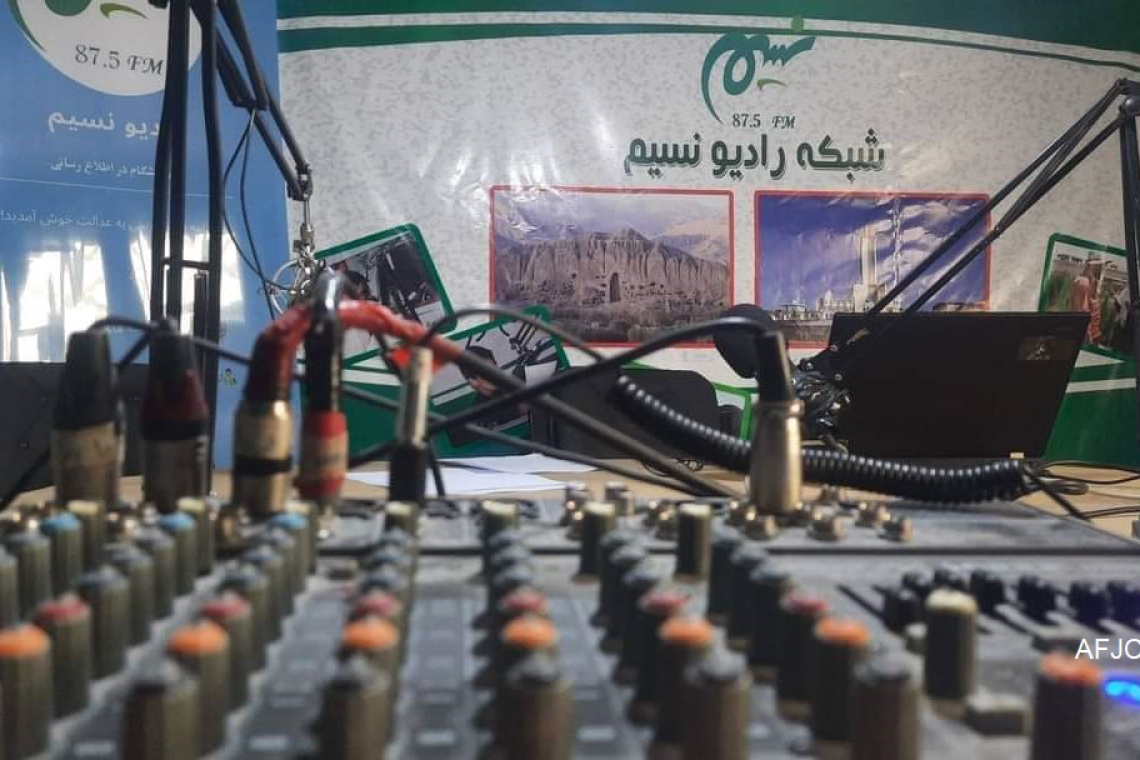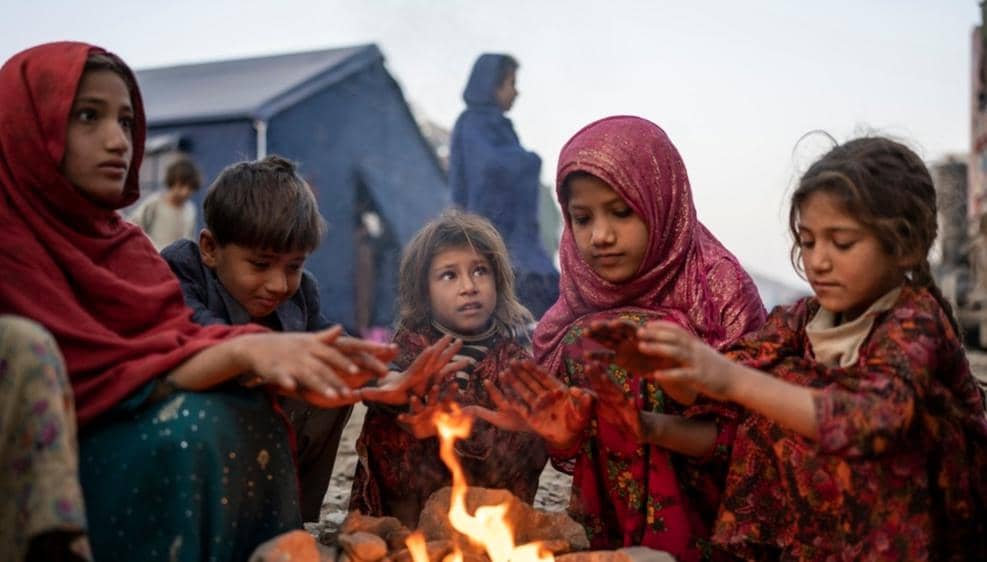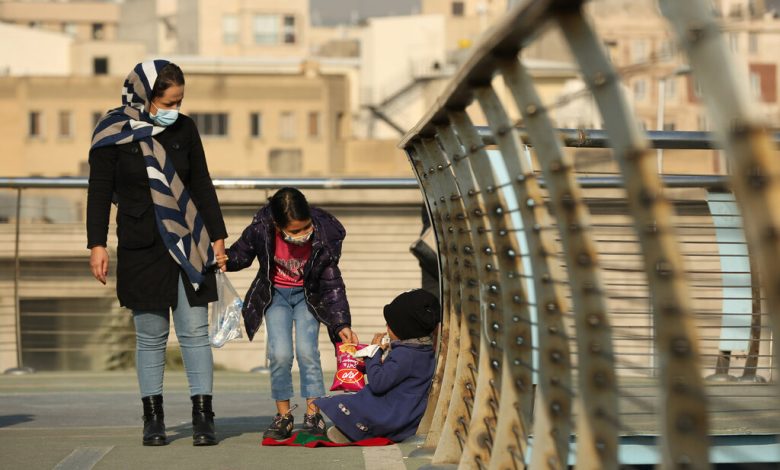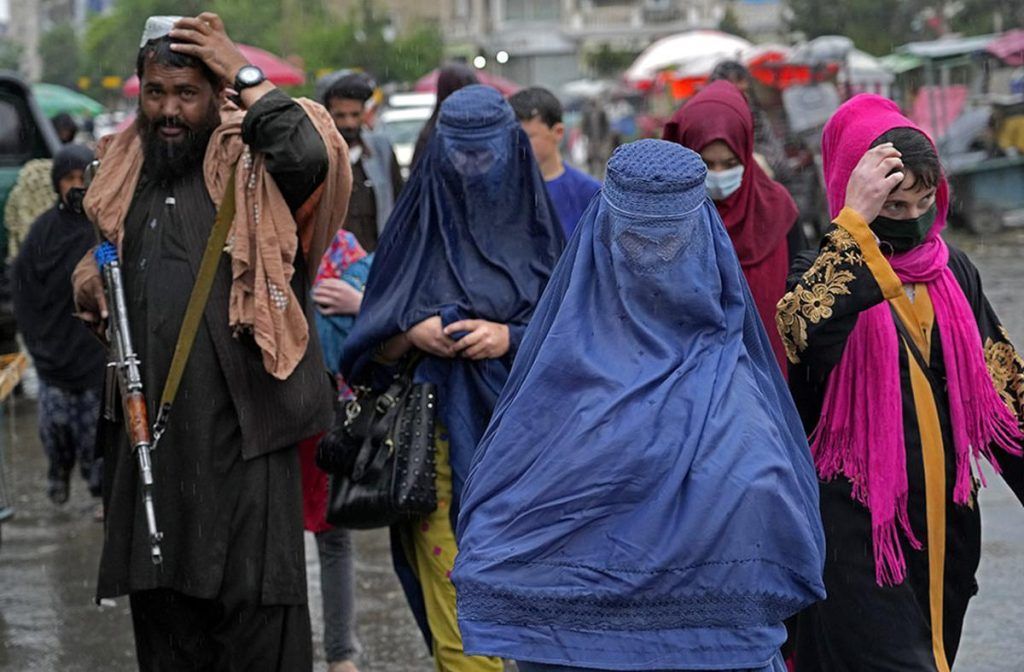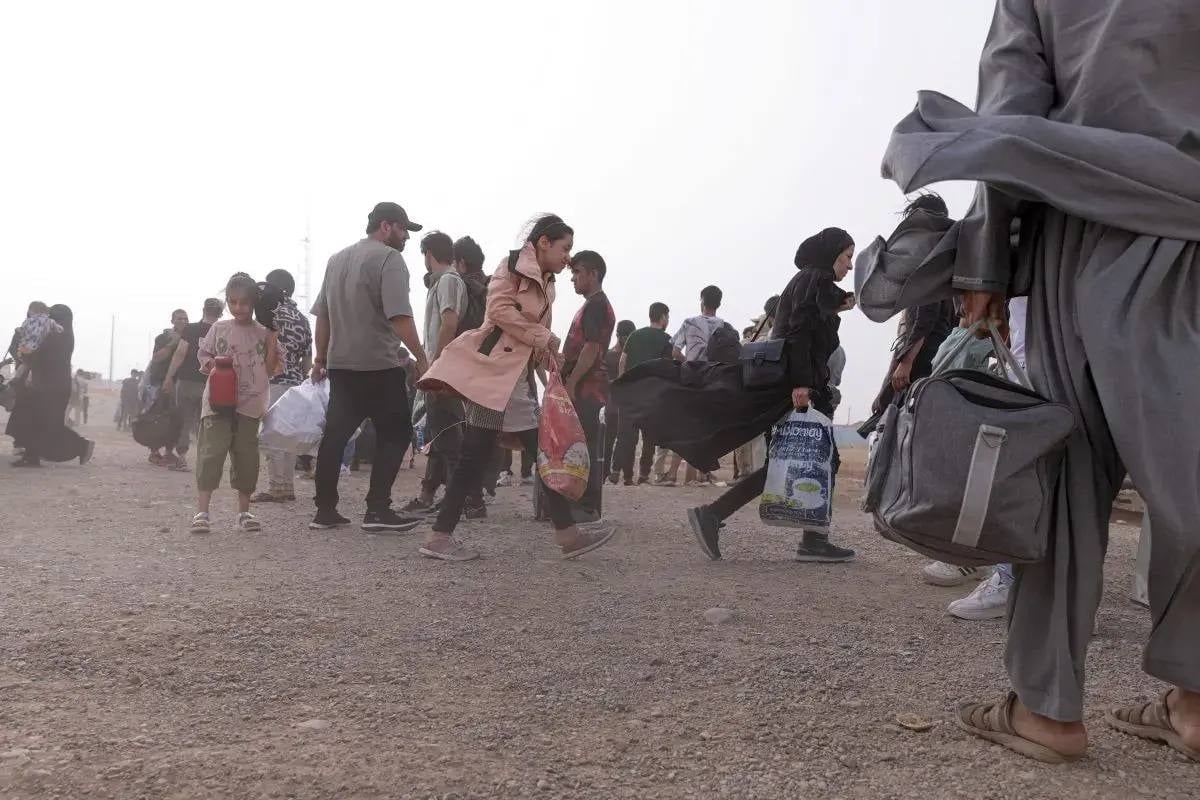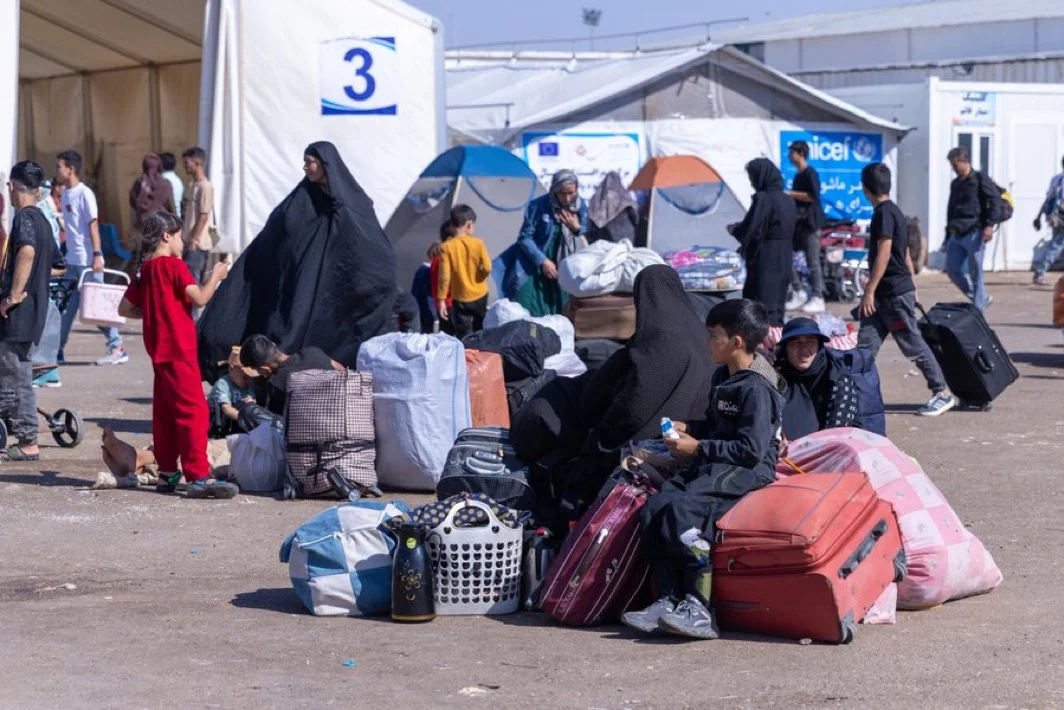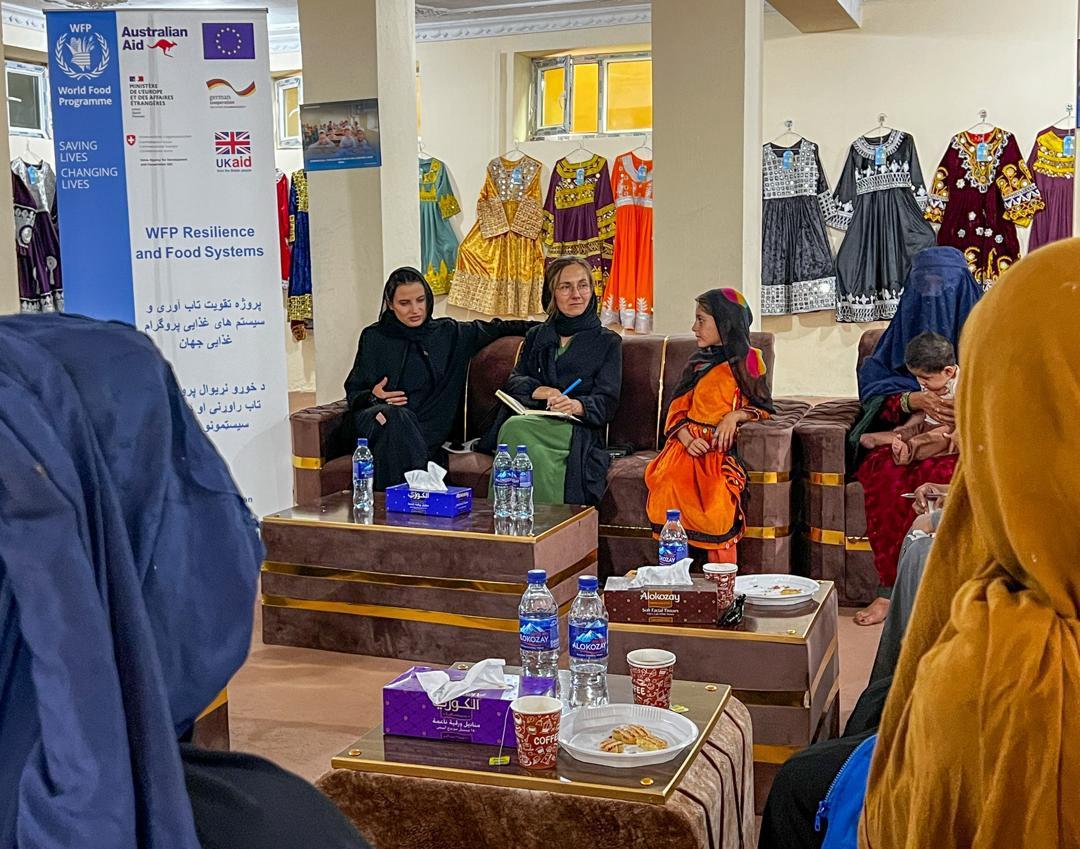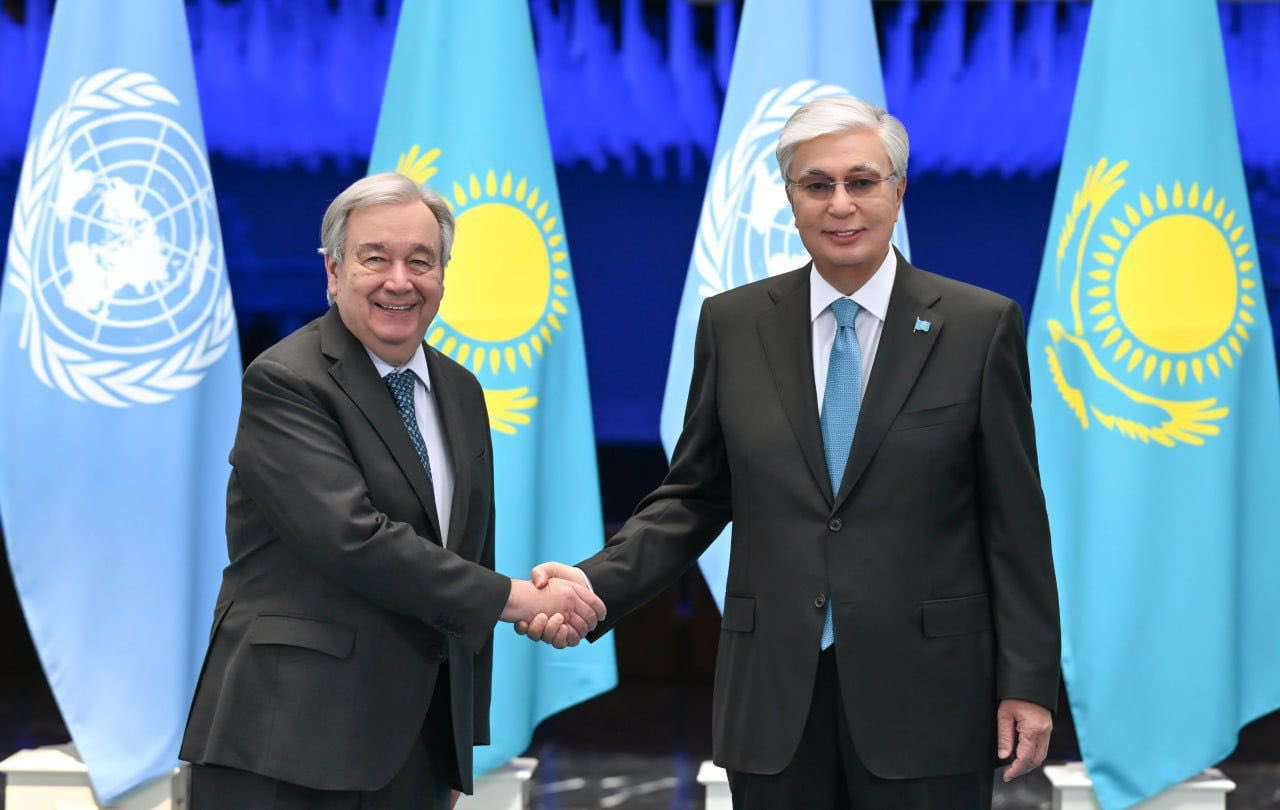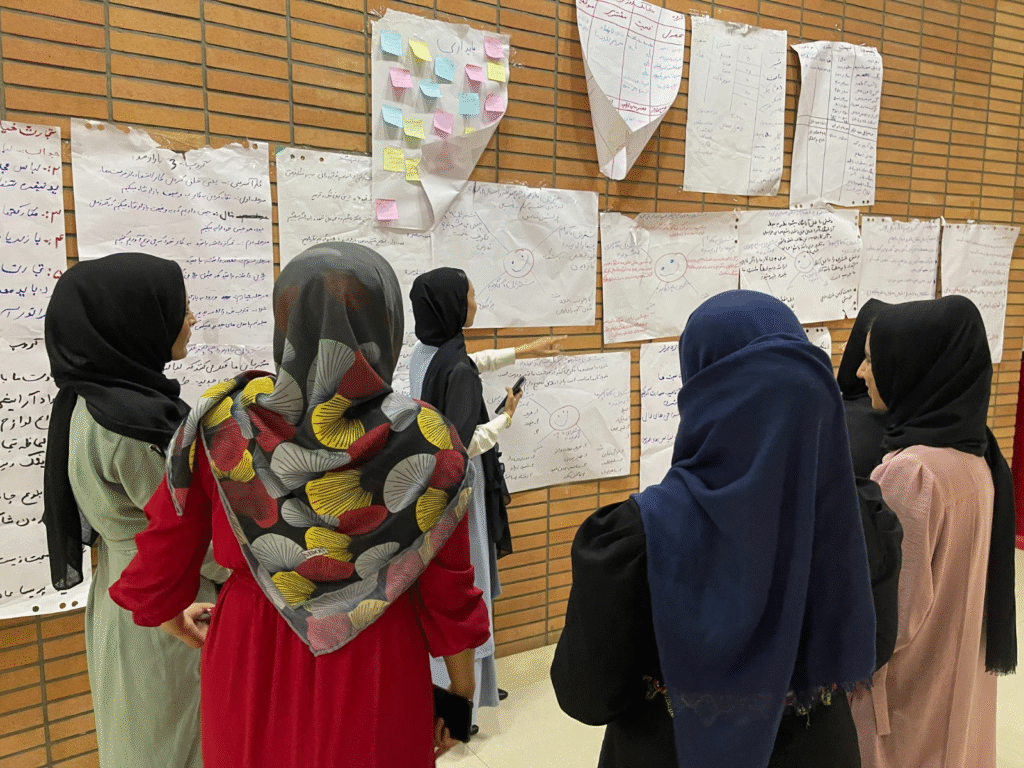
The UN Women office in Afghanistan has warned that, four years after the return of the de facto authorities to power, more than 78% of Afghan women and girls are neither studying, nor employed, nor have access to education—figures that signal the risk of the complete removal of women from public life. In a newly released report, the organization stated that the current authorities, through nearly 100 restrictive decrees, have deprived women of education, employment, and freedom of movement. The report notes that this situation has dangerous consequences in the fields of health, the economy, and human rights. Barriers to women’s access to healthcare could increase maternal mortality by 50% by 2026. It further states: “Women now, due to mounting restrictions and lack of access to health services, have shorter lifespans and poorer health.” The report also highlights a rise in child marriage and domestic and societal violence against women. Afghan women are not only being excluded from society; 62% of them feel they have no decision-making power even within their own households. Susan Ferguson, head of the UN Women office in Afghanistan, said: “Women’s restrictions should be understood as an issue beyond Afghanistan. These restrictions are not only about the rights and future of Afghan women and girls. This is about what we, as the global community, stand for.” It is worth noting that UNAMA, the UN Assistance Mission in Afghanistan, has also released a report on the human rights situation in Afghanistan over the past three months. The report documents and examines the human rights situation, as well as the situation of women, media, returnees, and other issues. UNAMA’s documentation shows that from April to June of the current year, the de facto authorities’ restrictions on women and girls have expanded in all sectors. Since regaining control of Afghanistan, the de facto authorities have imposed sweeping restrictions on the fundamental rights and freedoms of women, barring them from education and work. As a result, millions of schoolgirls have been deprived of education. In addition, women have been banned from going to gyms, restaurants, public bathhouses, being examined by male doctors, traveling without a male guardian, and working in national and international NGOs, as well as even in UN offices in Afghanistan.

